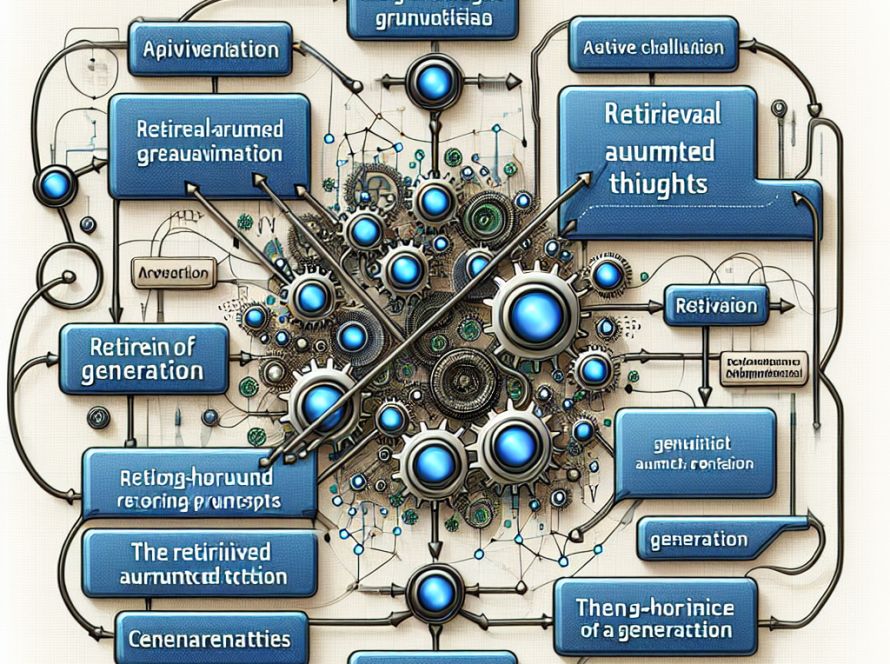Google’s advanced artificial intelligence (AI) branch, DeepMind, has recently rolled out a new addition to its suite of tools, a JAX library known as Penzai. Designed to simplify the construction, visualization, and modification of neural networks in AI research, Penzai has been hailed as a revolutionary tool for the accessibility and manipulability of artificial intelligence models.
Penzai is built with an emphasis on transparency and functionality, offering researchers the ability to view and edit models as understandable pytree data structures. This feature enables users to delve into the mechanics of a model, providing valuable insights into how it operates and permitting tweaks which can optimize the outcomes. The tool’s ability to simplify the modification of pre-trained neural networks dramatically extends the capabilities of a wider demographic of researchers, allowing easier experimentation and innovation on existing AI technologies.
The core strengths of Penzai lie in its modular features, which allow for a highly customizable usage. The penzai.nn (pz.nn) tool offers a unique approach to neural network libraries, standing out from traditional frameworks with its ability to access the entire structure of a model’s forward pass. Researchers and developers can examine intricate details and make adjustments on-the-fly, facilitating a high level of precision and flexibility in their work.
Penzai.treescope (pz.ts) is another powerful tool that enhances the visualization of models and data structures. Working as a substitute for the standard IPython/Colab renderer, it provides insightful visuals into the JAX Pytrees structure, and effectively showcases arrays with multiple dimensions.
Meanwhile, the pz.select module, or Penzai.core.selectors, offers advanced capabilities to modify and patch pytrees in intricate ways. Together with the pz.nx module, or Penzai.core.named_axes, which introduces a uniform axis system, it provides a highly efficient means of manipulating your work to achieve the desired goals. Penzai.data_effects (pz.de) is another significant inclusion, which acts as a flexible system for managing side arguments, random numbers, and state variables through pytree traversal.
Penzai is also highly compatible with existing tech ecosystems, integrating smoothly with Google Colab and JAX. Its user-friendly interface is designed to lower the barriers of entry for engaging with AI models, and it offers a collection of modular tools for flexible application. Its advanced visualization features catalyze a comprehensive understanding and interactive exploration of complex data structures.
The introduction of Penzai underscores Google DeepMind’s commitment to advancing AI research and development. It reinforces the company’s vision for an AI landscape that is transparent, controllable, integrative, accessible, and flexible. Such developments are critical to driving continuous innovation in the AI field and discovering new applications for artificial intelligence.
To use Penzai, all that’s needed is a basic install command – ‘pip install penzai’.
Announcing the launch of Penzai, Daniel Johnson from GoogleDeepMind underscored the ease in injecting custom logic anywhere in AI model development. He also highlighted the advantage of Penzai in allowing a deep dive into AI model internals, thus simplifying the design, editing, and visualization of neural networks.


